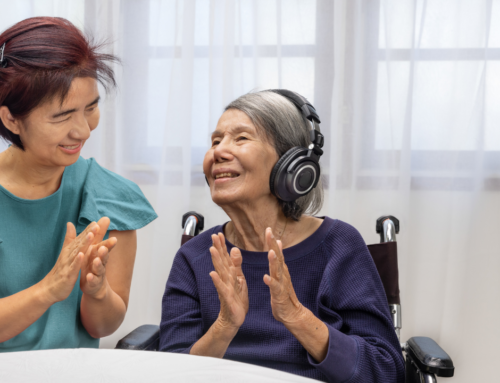Share This Story!
Who Is Prone To Wander?
Any person who has memory impairment is at risk of wandering. In fact, 3 in 5 people with dementia are prone to exit-seeking. Wandering occurs when someone becomes disoriented or confused and feels the need to seek the exit. In fact, some individuals will feel the need to go home even when already at home. This tendency can be very dangerous, but there are strategies to help keep a loved one from wandering.
A predictable routine reduces stress
Studies have shown that a structured, daily routine can help elderly people feel calmer and at ease. This sense of peace and calm makes people with dementia less likely to anxiously wander off. Routine and structure also provide a predictable environment. This helps with memory issues and feelings of safety.
Schedule errands during off times
Exit-seeking is often driven by anxiety or confusion. In turn, avoid anxious or confusing locations. Places like busy malls, restaurants, or crowded grocery stores can trigger a person with dementia to wander. Try to schedule shopping trips or other errands for times of day when stores will be less busy.
Reassure instead of correct
When an elderly loved one starts to become confused, correcting won’t help. Correcting or pointing out wrong thinking will only make someone with dementia more anxious. Instead, reassure of safety and reinforce a plan. For example, if a loved one is already home but wants to leave, remind the person that the plan is to stay safely together for the night.
Lock up the home and the car keys
A difficult part of dealing with dementia is giving up freedom. A senior loved one may feel frustrated to no longer be able to drive. However, access to a car is one of the most dangerous parts of wandering. Keep car keys out of sight, and take them completely away if necessary. Also, provide extra security at home and keep locks out of sight.
How much supervision does a loved one need?
When a loved one has dementia, providing supervision at all times is important. This supervision could be a family member or home health aide. Providing supervision may also mean that the time has come to move a loved one to a skilled nursing facility where 24-hour medical care is provided.





